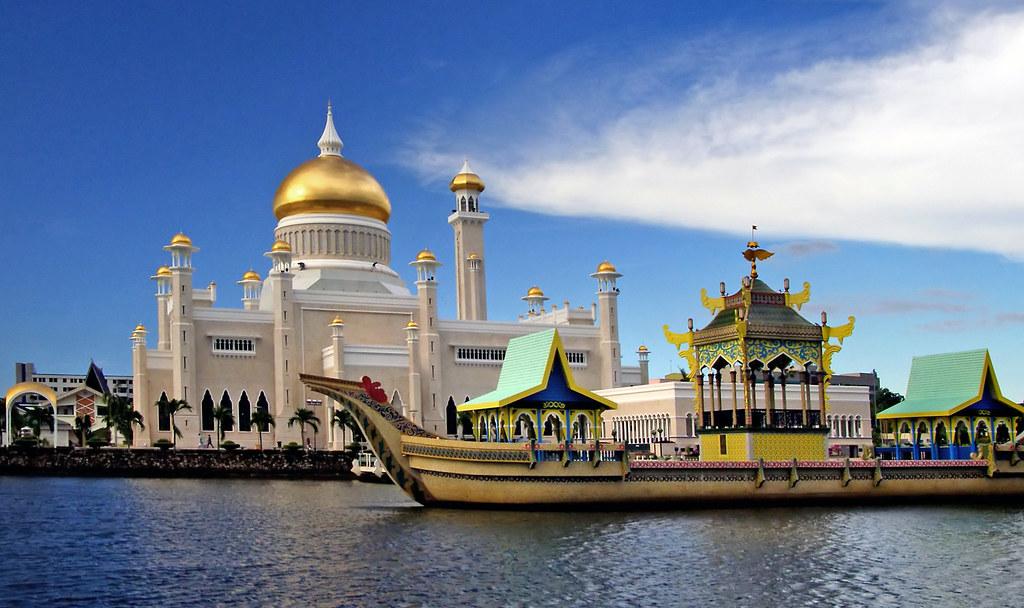Emergency medicine/Cardiology, Raja Isteri Pengiran Anak Saleha Hospital, Brunei

Applying for an elective in Brunei is relatively easy with no payment required. There are multiple hospitals available but the largest public hospital is Raja Isteri Pengiran Anak Saleha Hospital (RIPASH).
Equipped with modern medical technology and medical staff trained from abroad, RIPASH is one of the main referral hospitals in Brunei.
For specialized treatments not provided in Brunei, patients will be sent abroad e.g. to Singapore. Also for the benefits of the locals, patient only has to pay for a registration fee of BND 1, which is equivalent to 1.04AUD and the medical care will be free of charge.
Elective wise, patient communication should not be a problem as English language is a widely use language in Brunei, especially among the young population.
People are generally nice and happy to chat with the medical students. For my 2018 elective, I spent the first 2 weeks in Emergency Medicine and another 2 weeks in Cardiology. Since all of the doctors and majority of the nurses are trained abroad, they are very understanding and extremely helpful.
The Emergency Department is not as busy as TCH’s, but as the main referral hospital for the whole Brunei, you will get to see quite a number of patients and a variety of interesting presentations in a day.
Also due to the lifestyle and family history - being a small country, consanguineous marriage is common, the epidemiology of diseases are different. Younger patients presenting with myocardial infarction, type 2 diabetes and kidney issues are not uncommon.
Another quite common presentations are Tuberculosis and Middle East respiratory syndrome coronavirus (MERS-CoV) especially for those recently coming back from Hajj. One of the cardiology patients I saw passed away at the age of 22 after being infected by the latter.
A schizophrenic patient held in emergency for mental health review after trying to burn a mosque and a rheumatoid heart disease diagnosed on the spot in an 18 year old female from her echocardiogram are two of the interesting cases I encountered during my placement in RIPASH.
From my observation, despite the government’s effort in trying to promote healthy nation, unfortunately health literacy seems to be an issue in this country – particularly around the idea of free consent and health awareness in general.
People take their health for granted knowing free help is just around the corner. It is very interesting but sad to watch especially when you have done clinical placements in other countries.
